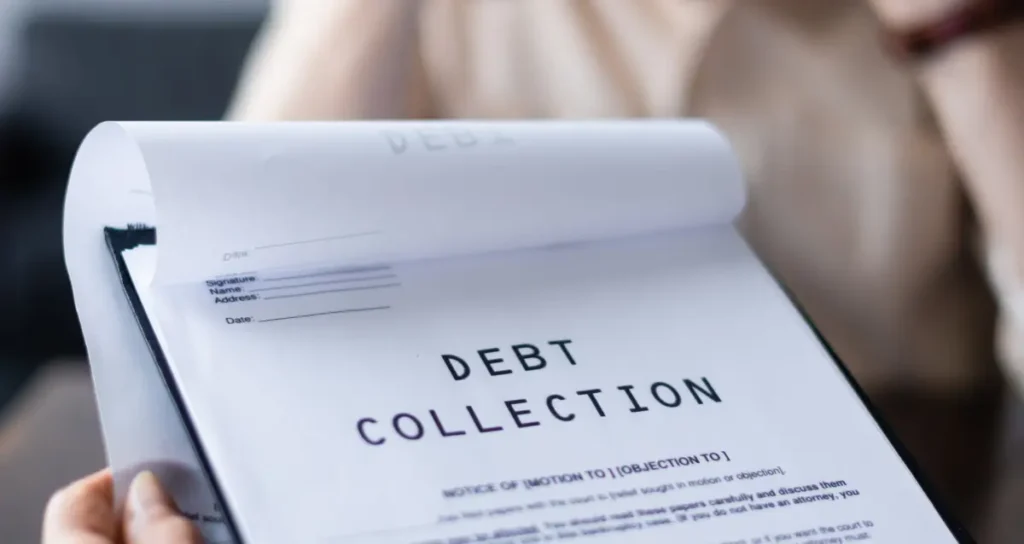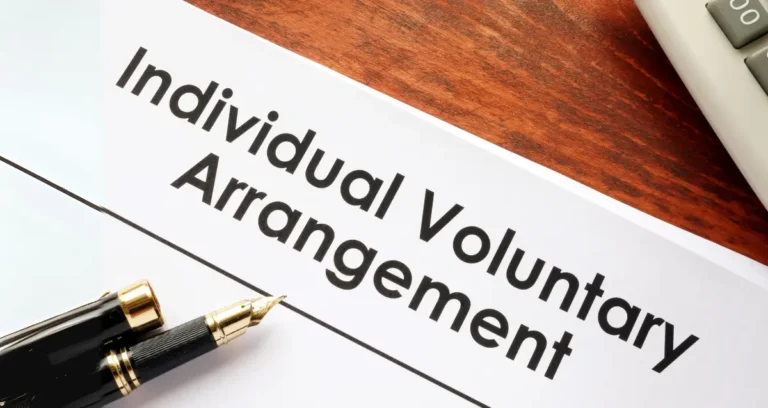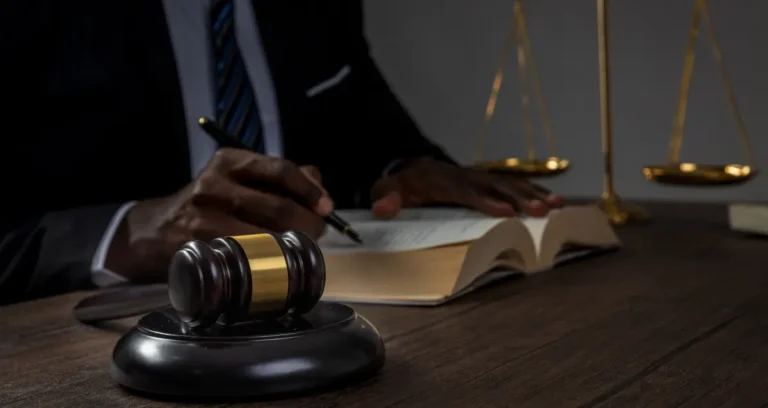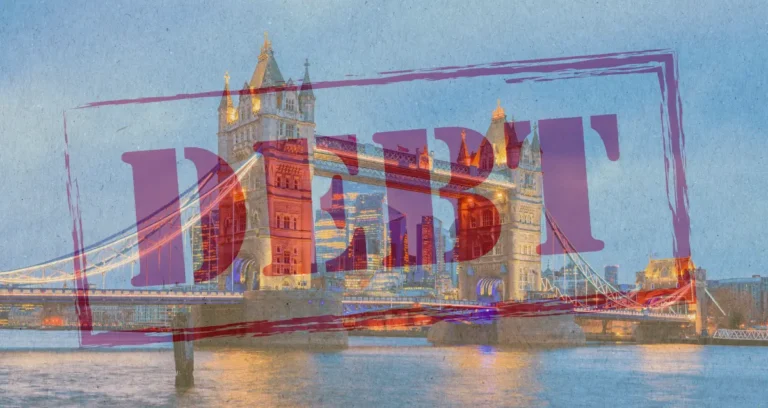Choosing a Debt Collector Agent
Are you exploring options to recover outstanding debts? A debt collector agent is instrumental in this process, utilising negotiation skills, legal knowledge, and ethical practices to effectively recover owed payments. This comprehensive guide offers an in-depth look at their methods, adherence to legal frameworks, and pointers for choosing a trustworthy agent—all vital to ensuring a successful debt collection outcome.
Key Takeaways
- Debt collector agents facilitate the debt recovery process by contacting debtors, negotiating payment plans, and maintaining detailed records, requiring skills such as patience, empathy, and negotiation.
- UK-based debt collectors operate within a strict legal framework to ensure fair practices and debtor protection, adhering to regulations like the Consumer Credit Act to avoid fines and maintain ethical conduct.
- The debt collection agency selection process should consider factors such as the agency’s success rate, ability to fit the creditor’s brand, and how its services can add value to the creditor’s business, with an emphasis on solution rates and the customer experience.
Understanding the Role of a Debt Collector Agent
A debt collector agent is an integral part of the debt recovery process. Acting on behalf of the creditor, they are tasked with the responsibility of contacting debtors to collect payment. This process involves various methods of communication, such as phone calls or letters, designed to ensure that the debtor is aware of their financial obligations.
Their role doesn’t end with making contact. These agents also:
- negotiate payment plans with debtors, facilitating a smoother path toward debt recovery
- require patience, empathy, and excellent negotiation skills
- are tasked with maintaining detailed records throughout the debt collection process, ensuring that every step taken is documented and transparent.
The Legal Framework Guiding Debt Collector Agents
Debt collection in the UK is governed by a comprehensive legal framework that promotes fair practices and offers protection to debtors. This includes specific guidelines for communication between debt collectors and debtors. These rules caution against intimidating or threatening tones and require special consideration for vulnerable consumers.
Additionally, the UK legislation outlines the allowable interest, charges, and fees that can be applied to outstanding debts. It also provides a framework for the recovery of debt collection costs from debtors. Non-compliance with these standards can lead to fines, emphasizing the importance of adhering to the guidelines.
Thus, ethical debt collection in the UK is mandated by regulations such as the Consumer Credit Act to ensure respect for the debtor’s circumstances.

Strategies Employed by Debt Collector Agents
Effective debt collection is not just about demanding payment; it involves a strategic approach to ensure a successful recovery. The strategies employed by debt collector agents are multifaceted, ranging from clear communication tactics to negotiation skills and meticulous record-keeping.
Communication Tactics
Communication is the cornerstone of debt collection. Debt collection agencies are obligated to:
- Provide written proof of the debt
- Refrain from using harassment, intimidation, or aggression in their collection practices
- Limit their contact hours
- Prohibit them from pursuing debtors on social media or in public spaces in ways that could cause humiliation.
In today’s digital age, technology has become an integral part of the communication process. Some ways technology is used in debt recovery include:
- Automated systems that send text messages and emails to remind debtors of their payment obligations
- Conversational AI technology that enables a two-way conversation to gauge the customer’s vulnerability, ensuring an ethical debt recovery process
- Providing digital communication and payment options to facilitate a better experience for creditors and debtors
- Creating a sense of urgency that can motivate prompt repayment
These technological advancements have greatly improved the debt recovery process.
Negotiation Skills
Negotiation is an art, and when it comes to debt recovery, it’s an essential skill. Debt collectors leverage psychological principles to enhance the efficacy of their negotiation tactics. Techniques such as anchoring and framing guide debtor perceptions and actions toward more favorable repayment outcomes.
Transparency plays a vital role in the negotiation process. It fosters trust with debtors, making them more likely to comply with the repayment plan. Furthermore, debt recovery agents capitalize on the principle of reciprocity by offering concessions like flexible payment terms, which motivates debtors to meet their financial commitments.
Record-Keeping and Compliance
Debt collection is not just about recovery; it’s also about maintaining compliance with legal guidelines. This includes regulations such as the GDPR in the EU and the Data Protection Act in the UK, which ensure data security while handling personal information. Clear documentation of agreements and terms, accurate record-keeping, and verification of debtor information are vital for effective commercial debt collection and legal compliance.
Transparency is a key component of this process. Debt collection agencies facilitate transparency for customers through self-service portals, which allow them to easily access and view the status of their accounts. Additionally, they keep meticulous records and report on the effectiveness of their communication and recovery methods to ensure they comply with standards and successfully recover debts.

The Debt Collection Process from Start to Finish
The debt collection process is a structured journey that begins with initial contact and verification, moves on to the development of a payment plan, and concludes with follow-up and resolution. Each stage of this process is crucial and involves specific steps designed to ensure an effective and respectful approach to debt recovery.
Initial Contact and Verification
The first step in the debt collection process is initiating contact. This typically involves making phone calls or sending letters to the debtor to inform them of the outstanding debt. To ensure a proper understanding, agents provide clear details about the debt, including the creditor’s identity and the nature of the debt during this first interaction.
Before divulging any information about the debt, agents are required to:
- Confirm the identity of the debtor. This protects the debtor’s privacy and ensures compliance with the law.
- Review the documentation to confirm the validity of the debt, which includes validating the origin of the debt and ensuring that the claim is within the statute of limitations.
- Verify the total outstanding amount, including any additional fees or interest that may have been applied.
Payment Plan Development
Once the initial contact has been made and the details of the debt verified, the next step is the development of a payment plan. Debt collectors, whose job is to collect debts, offer to arrange payment plans, allowing debtors to repay their debts over a set period. This is especially important when debtors face cash flow issues, requiring terms to be tailored to their specific situation.
The terms of the payment plan are then confirmed in writing. This ensures a clear agreement and understanding from both parties, reducing the likelihood of misunderstandings or disputes down the line.
Follow-Up and Resolution
The process of debt collection doesn’t end with the creation of a payment plan. Regular follow-ups are essential to encourage debtors to stick to their payment plans and to avoid delays in debt recovery. Debt collection agencies typically have systems in place that automatically send reminders to debtors about upcoming or missed payments, playing a key role in the follow-up process.
Periodic check-ins via phone or email are also conducted to ensure debtors remain committed to their payment schedules. Once the final payment is made, the agent works with the debtor to ensure the resolution of their account and to confirm no further payments are outstanding.
Finally, formal communication is sent to the debtor and creditor indicating the account is closed and the debt is fully resolved.

How to Choose a Professional Debt Collection Agency
Choosing the right debt collection agency is a crucial decision that can significantly impact the success of debt recovery. Factors to consider when selecting a debt collection agency include:
- The agency’s success rate
- Testimonials from satisfied clients
- The agency’s ability to align with the creditor’s brand and culture
- The agency’s capability to meet specific business needs, such as case volume and type
Taking these factors into account will help ensure that you choose a reputable and effective debt collection agency.
Another important consideration is the agency’s ability to quickly secure payment. This reflects on factors like:
- the claim’s size and complexity
- account type
- product type
- the debtor’s location
It is also important to have clear communication regarding the average resolution time for cases.
Lastly, evaluating how the debt collection agency contributes to the overall value chain is crucial. Aspects to consider include:
- Solution rates
- Credit time
- Payment options
- Customer experience
These factors can directly influence financial outcomes and reduce losses.
Impact of Debt Collector Agents on Credit Control
Debt collector agents play a pivotal role in credit control. They:
- Reduce overall debtor days, contributing significantly to improving a client’s cash flow
- Provide strategic interventions for clients, leading to the punctual settlement of invoices from customers
- Foster amicable client relations
Their involvement not only motivates customers to settle debts quickly to avoid additional charges or further action but also helps businesses manage overdue accounts effectively,. Additionally, the empathetic approach used by UK debt collectors acknowledges the emotional and financial struggles of debtors, leading to a more willing debt resolution and prompt settlement,.
Costs Involved in Hiring a Debt Collector Agent
Hiring a debt collector agent involves certain costs. Many debt collection agencies adopt a success-only fee structure, where clients only incur costs if the debt is successfully recovered. A standard commission rate for debt collection services is approximately 15%, providing transparency in the cost of debt recovery efforts.
In addition, hiring a debt collection agency can be more economical than legal services from solicitors who charge by the hour, making debt collection agencies a cost-effective alternative for legal debt collection. It is also noteworthy that businesses have the right to demand the reimbursement of reasonable debt collection costs, with statutory charges depending on the size of the debt.
The Ethics of Debt Collection
Ethical debt collection practices are paramount in maintaining the integrity of the debt recovery process. Debt collectors are advised to:
- Avoid inundating borrowers with excessive communications
- Find common ground with debtors
- Acknowledge mutual goals to encourage a cooperative approach
- Establish a more ethical communication environment during negotiations.
Substandard debt collection practices can detrimentally affect consumers’ mental and physical health, potentially leading them to make poor financial decisions. Therefore, ethical negotiations and the establishment of payment plans by debt collection agencies should be conducted free from harassment or intimidation to ensure fairness and respect for debtors.
When to Escalate to Legal Proceedings
Sometimes, despite the best efforts of debt collector agents, debts remain unpaid. In such instances, legal proceedings may become necessary. These are generally recommended if all other methods have failed, particularly when a debtor is insolvent, or when other efforts are financially unviable.
Legal proceedings may include:
- Court actions where court fees and legal costs are added to the outstanding debt, such as a county court judgment
- Issue legal proceedings, like using a Statutory Demand
- Attachment of Earnings Orders
- Third-Party Debt Orders
- High Court Enforcement for debts over £600
It’s important to note that taking legal action is generally a last resort, used when negotiations and previous recovery attempts prove unsuccessful.
Alternatives to Traditional Debt Collection
Apart from employing a debt collection agency, there are other alternatives to recover outstanding debts. One such method is to recover payment by reclaiming debt recovery costs from the debtor using the Late Payment of Commercial Debts Regulations 2013, which allows for compensation and interest charges to be levied on overdue payments.
Insolvency proceedings can also be initiated to recover debts, although these involve certain court fees. Additionally, creditors can secure business debt through instruments such as personal guarantees and fixed charges over the company’s assets before pursuing debt collection measures.
Debt Collector Agents and Commercial Debt Collection
Commercial debt collection involves its own set of rules and regulations. The Late Payment of Commercial Debts (Interest) Act 1998 is designed to compensate creditors for the late payment of debts and deter such late payments. This legislation advises businesses regarding liability for enhanced interest and late payment compensation, designed to safeguard their financial interests against late payments.
Furthermore, businesses are entitled to recover all costs related to issuing county court proceedings and the recovery of debts under the Late Payment of Commercial Debts Act 1998, ensuring full compensation for the creditor’s recovery efforts. Thus, commercial creditors have the statutory right to charge delinquent payers interest at up to 8% above the Bank of England base rate on overdue commercial payments.
Summary
In conclusion, debt collector agents play a pivotal role in the financial health of businesses by ensuring the recovery of outstanding debts. Their responsibilities range from making initial contact with debtors, developing payment plans, and following up on payments to maintaining detailed records and ensuring legal compliance.
Employing a professional debt collection agency can significantly improve cash flow, maintain positive client relationships, and encourage timely payments. It’s important for businesses to choose a reputable agency that aligns with their needs and has a track record of successful debt recovery.
Frequently Asked Questions
What is the role of a debt collector agent?
The role of a debt collector agent is to contact debtors on behalf of the creditor, negotiate payment plans, and maintain detailed records during the debt collection process. They use various methods to reach out to debtors and ensure payment is collected.
Are there regulations that guide debt collectors?
Yes, in the UK, debt collectors must adhere to standards promoting fair practices and offering protection for both creditors and debtors during the debt collection process. These regulations create clear guidelines for debt collection practices.
What strategies do debt collector agents use for debt recovery?
Debt collector agents use pressure through persistence, leverage psychological principles, and adhere to data protection regulations while handling personal information to recover debts effectively.
How can I choose a professional debt collection agency?
When choosing a professional debt collection agency, consider factors such as their success rate, alignment with your business needs, ability to secure payment quickly, and their contribution to the overall value chain. These factors will help you make an informed decision.
Are there alternatives to traditional debt collection?
Yes, there are alternatives to traditional debt collection such as reclaiming debt recovery costs, initiating insolvency proceedings, and securing business debt through personal guarantees and fixed charges over company assets.







